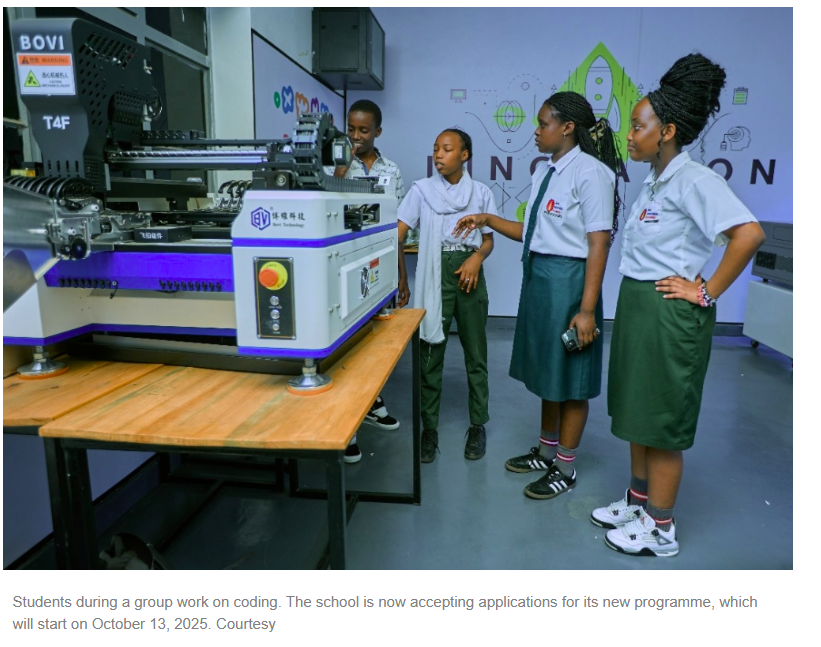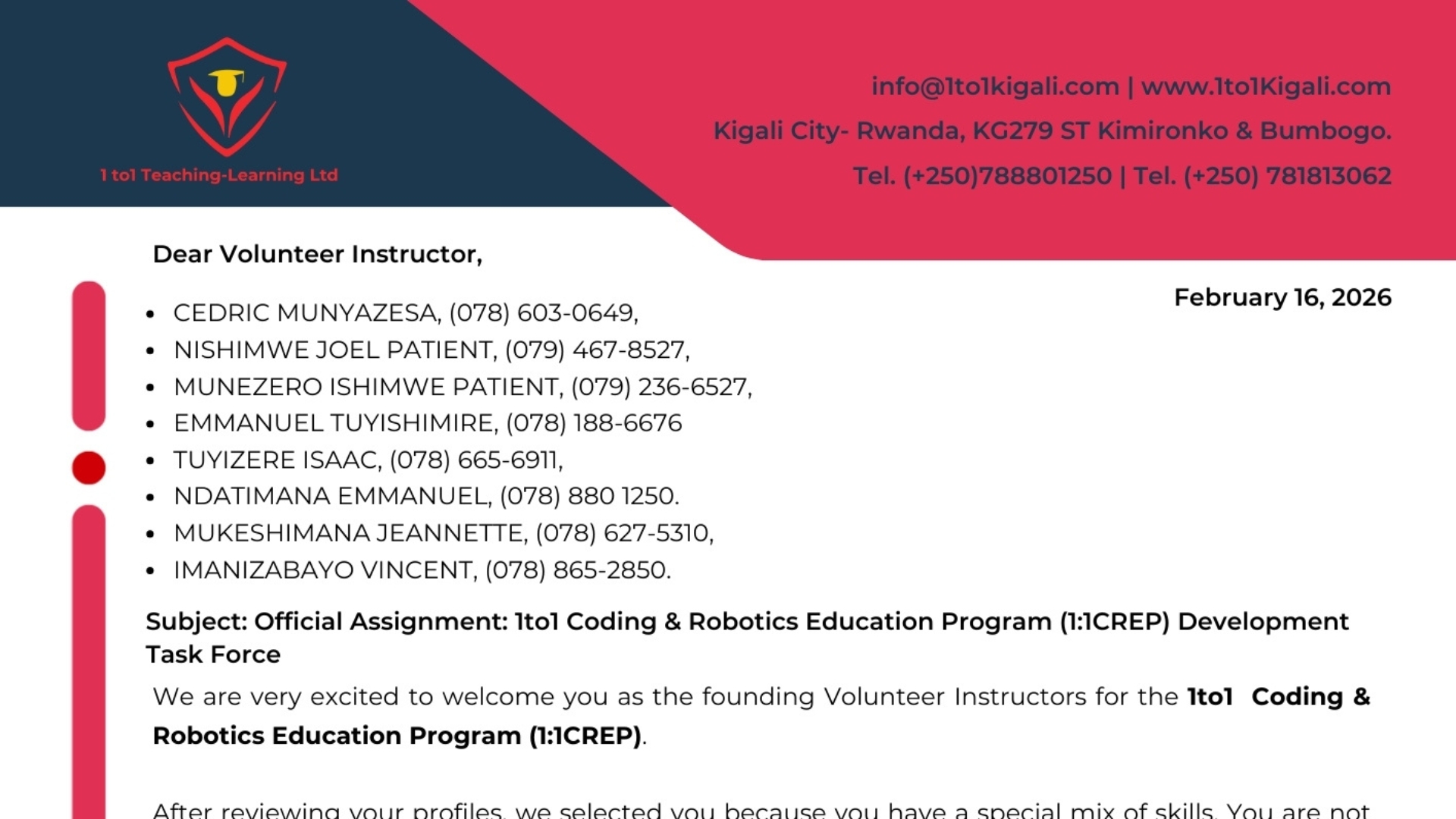Rwanda is taking a bold step toward nurturing its next generation of technology professionals with the opening of the New Generation Academy (NGA) in Kimihurura, Kigali, as the country’s first private school officially accredited to teach software programming and embedded systems as a trade. This milestone signals the growing demand for high-quality technology education in Rwanda and the region.
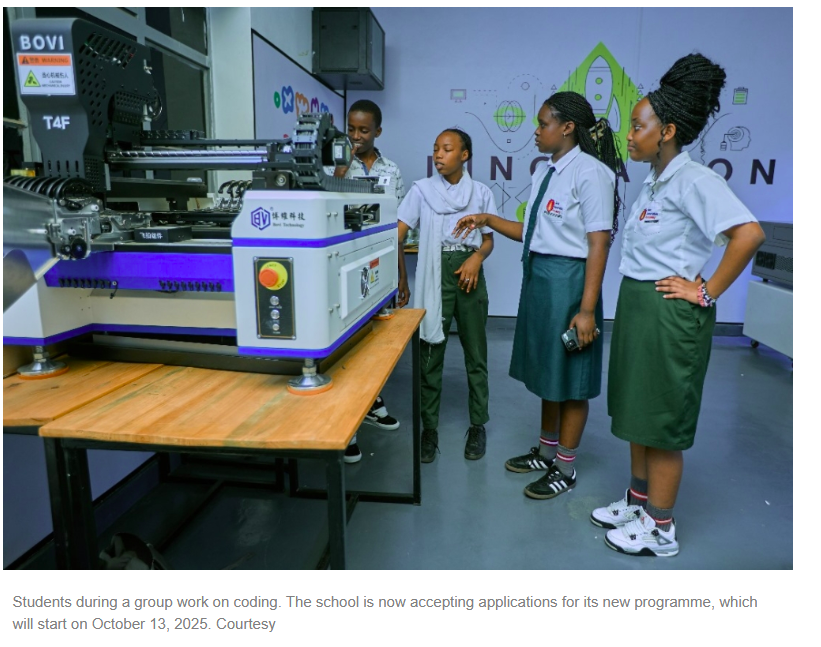
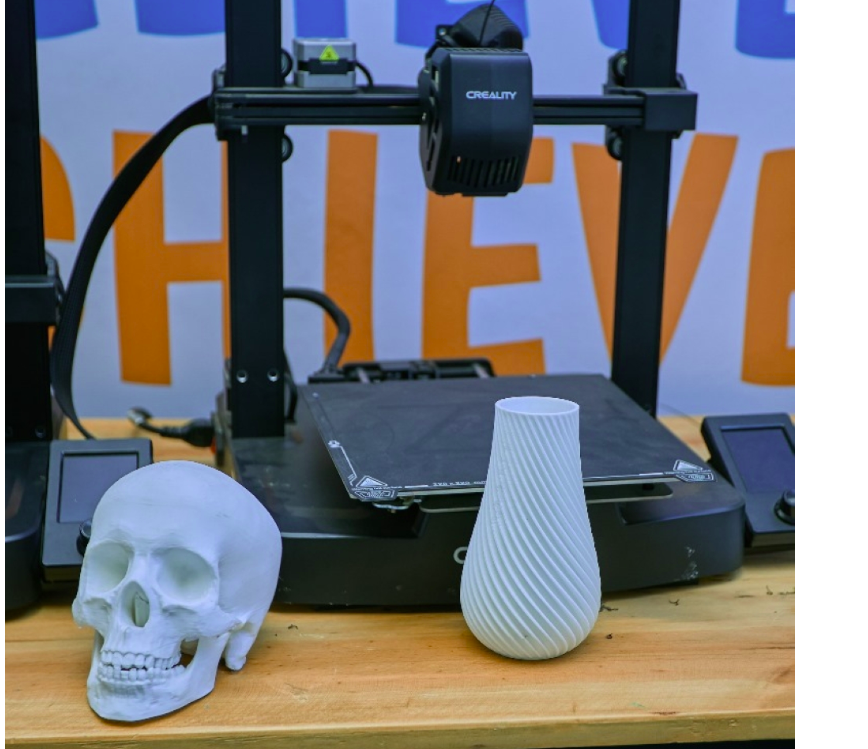
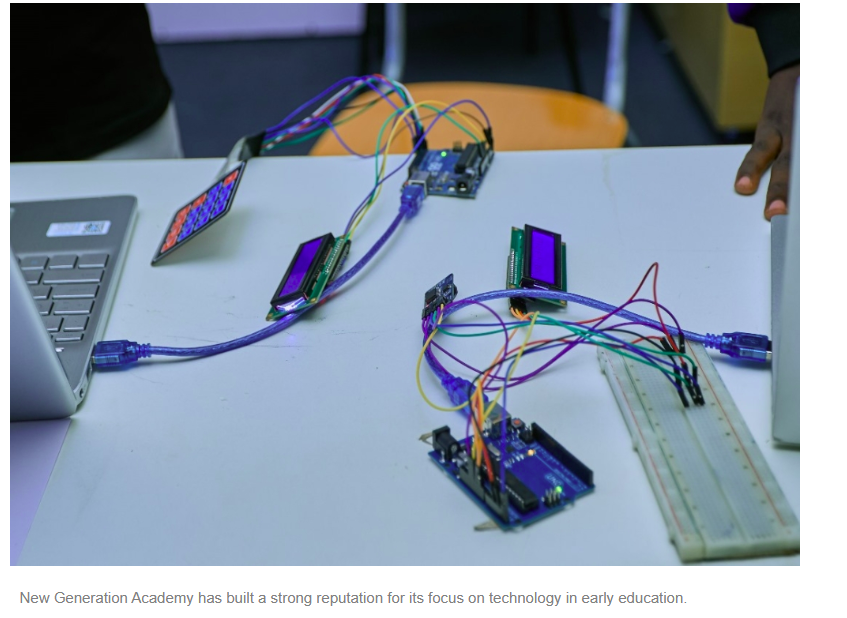

The academy has announced that applications for its new program will start on October 13, 2025, specifically targeting students who have completed Senior 3 and performed exceptionally well in the 2024/2025 national examinations. This initiative promises to expand opportunities for students eager to gain skills in programming, robotics, and other emerging technology fields.
Eligibility and Admission Requirements
To qualify for the program, students must have achieved at least 80% in Mathematics, Physics, and English, which are regarded as critical subjects for success in technology and engineering disciplines.
The program is inclusive of students from both the national curriculum and international curricula, such as Cambridge. Applicants following foreign systems must provide an equivalence certificate issued by Rwanda’s Higher Education Council (HEC). This ensures that all students, regardless of background, have the foundational knowledge required to succeed in advanced technology studies.
Early Technology Exposure and Project-Based Learning
New Generation Academy has already earned a reputation for embedding technology education from the earliest grades. Even at the primary and lower secondary levels, students are introduced to coding, robotics, and STEM subjects—science, technology, engineering, and mathematics.
The academy emphasizes hands-on, project-based learning, where students engage in real-world problem solving rather than passive listening. By designing and building projects, learners develop critical thinking, creativity, and practical skills that are essential for the rapidly evolving technology landscape.
Leadership Perspective: Advancing Rwanda’s Tech Education
Founder and Managing Director Jean-Claude Tuyisenge highlighted the importance of preparing students for both national development goals and global digital transformation.
“Introducing this program at New Generation Academy is timely and impactful. It allows more students, including those in intervention programs, to access high-quality technology education that was previously difficult to reach,” he said.
Tuyisenge noted that the program was inspired by the Rwanda Coding Academy (RCA), the first government initiative of its kind in Africa. Due to limited slots at RCA, many talented students were unable to participate. NGA’s program addresses this gap, particularly benefiting students following international curricula who previously had few options to access accredited coding programs.
“We are thrilled to launch a program that empowers students to engage in advanced technology studies. This milestone is not only for NGA but also for Rwanda’s ambition to become a regional hub for technology and innovation,” Tuyisenge added.
Program Structure and Learning Outcomes
The trade program focuses on software programming and embedded systems, covering technologies that power smart devices, robotics, and automation. Students will gain both technical proficiency and problem-solving skills, guided by instructors with real-world industry experience.
Through a combination of classroom instruction, practical projects, and hands-on exercises, learners will be prepared to pursue either career opportunities in technology or further education in STEM-related fields. The program also encourages teamwork, innovation, and adaptability—skills that are in high demand in global tech industries.
By the end of the program, students will be capable of:
Designing and programming software applications.
Building and troubleshooting embedded systems used in smart devices.
Applying problem-solving skills to real-world technology challenges.
Collaborating on projects that simulate professional tech environments.
Access and Application Process
Students interested in enrolling must meet the academic requirements and apply online by the deadline of Wednesday, October 8, 2025.
The academy provides comprehensive guidance on tuition fees, course content, and registration procedures through its official website. Prospective students and parents can also contact the administration directly via 0786439330 or 0788301945 for further inquiries.
Positioning New Generation Academy as a Tech Leader
New Generation Academy offers a full continuum of education, including nursery, primary, and secondary levels, and incorporates a Christian-based learning approach. The addition of the coding and embedded systems program positions NGA as a trailblazer in Rwanda’s technology education sector, complementing the government’s initiatives to build a tech-savvy workforce for the 21st century.
This approach aligns with Rwanda’s broader strategy of leveraging digital skills to foster economic growth, innovation, and global competitiveness. By equipping students with advanced technical skills, NGA contributes to the national goal of producing professionals capable of driving technological innovation and entrepreneurship.
Bridging the Skills Gap in Rwanda
The introduction of this private coding program addresses a critical skills gap in Rwanda’s education system. While RCA has pioneered public-sector technology education, its limited capacity has left many talented students without access to high-quality tech training. NGA’s accreditation enables additional students to gain the skills necessary to compete internationally.
The academy’s program also supports inclusive education by welcoming students from diverse educational backgrounds, including those following international curricula. This ensures that Rwanda’s talent pipeline is broadened and that students from across the country can pursue careers in emerging technology sectors.
Global Relevance of Technology Skills
In today’s economy, digital literacy and programming skills are no longer optional. They are essential for participation in global industries ranging from software development to robotics, artificial intelligence, and automation.
By focusing on embedded systems and coding, NGA equips students with skills that have immediate applications in the workforce. Graduates will be able to:
Participate in high-tech industries both locally and abroad.
Contribute to Rwanda’s national development goals through innovative solutions.
Build startups and entrepreneurial ventures based on digital technologies.
The emphasis on hands-on experience ensures that learners are not only theoretically proficient but also work-ready, capable of solving practical problems and contributing meaningfully to Rwanda’s growing tech ecosystem.
Community and Government Support
Tuyisenge acknowledged the role of the Rwandan government in fostering a favorable environment for technology education.
“We sincerely thank the Government of Rwanda for launching the Rwanda Coding Academy, the first of its kind in Africa. Their trust in NGA allows us to extend opportunities to students who previously had limited access to coding programs.”
The government’s efforts to support technology education, including infrastructure, funding, and policy development, complement NGA’s mission to nurture future innovators and tech leaders.
Student Experiences and Aspirations
Students at NGA have already expressed enthusiasm for the new program. With exposure to coding, robotics, and STEM learning from an early age, learners develop confidence, critical thinking, and creativity.
The program’s hands-on approach encourages students to experiment, innovate, and apply knowledge in practical scenarios. These experiences prepare students to adapt to rapidly evolving technology trends, ensuring they remain competitive in a global workforce.
By equipping students with skills in software programming, embedded systems, and problem-solving, NGA fosters a generation capable of contributing to Rwanda’s technological and economic development.
Conclusion
The accreditation of New Generation Academy as Rwanda’s first private coding academy represents a significant milestone in the nation’s education and technology landscape. By expanding access to programming and embedded systems education, the academy strengthens Rwanda’s position as a regional hub for innovation and equips students with the skills needed to thrive in the digital era.
As Jean-Claude Tuyisenge emphasized:
“This initiative is about more than teaching coding; it is about opening doors to global opportunities, empowering students to shape Rwanda’s technological future, and preparing them to compete on an international level.”
With its October 13 start date, inclusive admission policies, and hands-on learning model, New Generation Academy is poised to transform technology education in Rwanda, ensuring that talented students have the skills, knowledge, and confidence to succeed in the 21st century.

